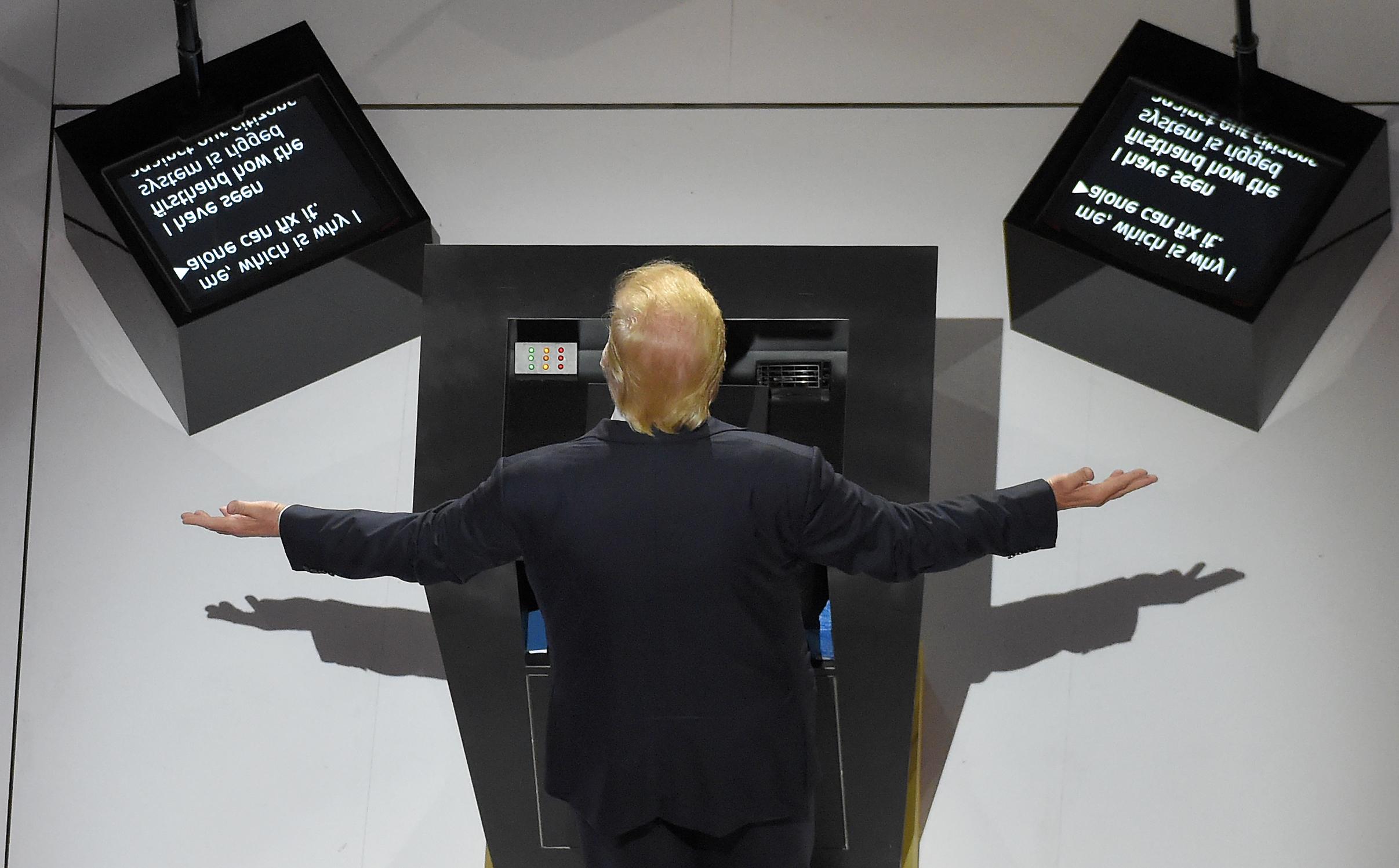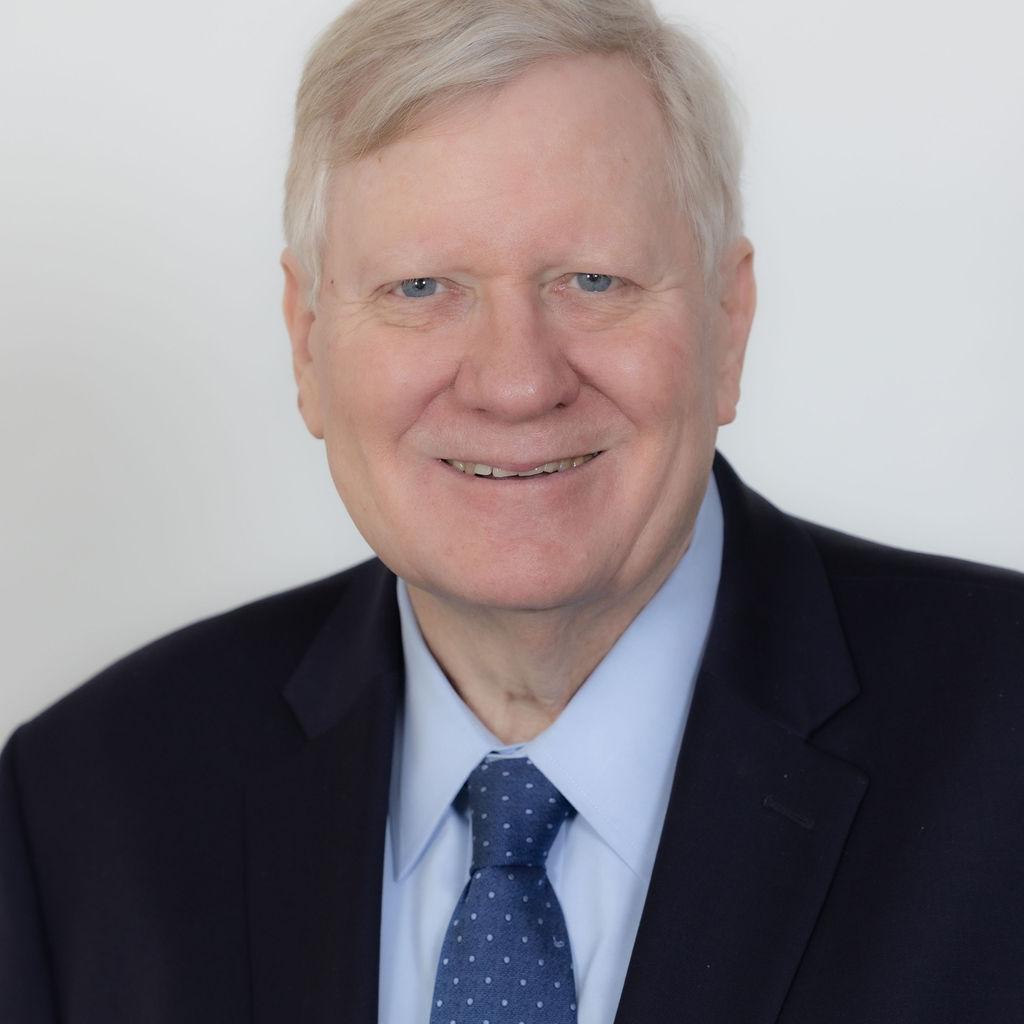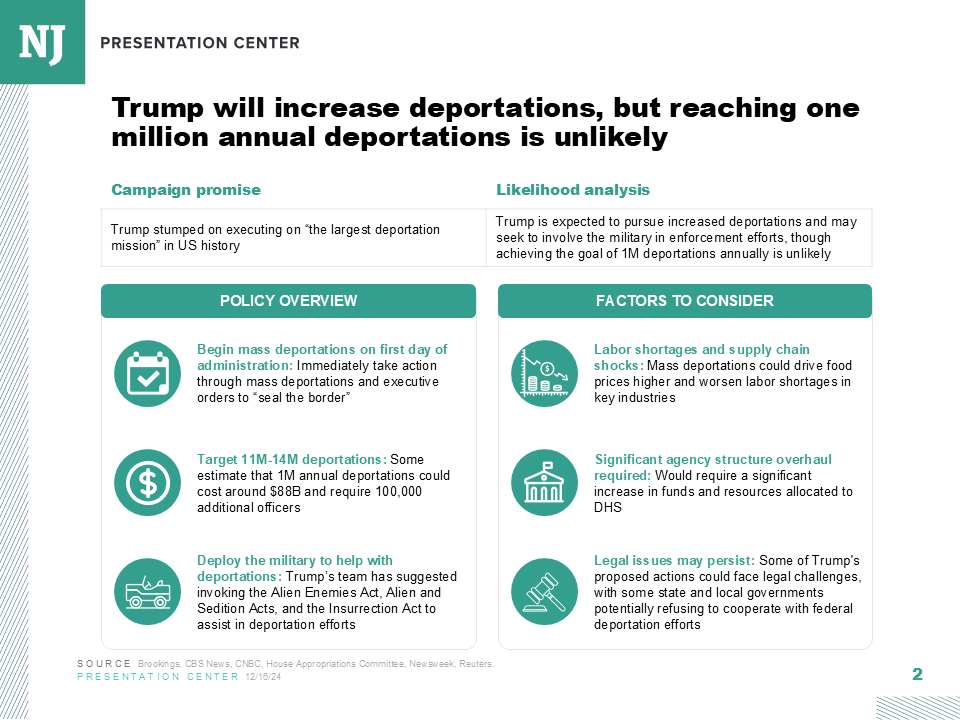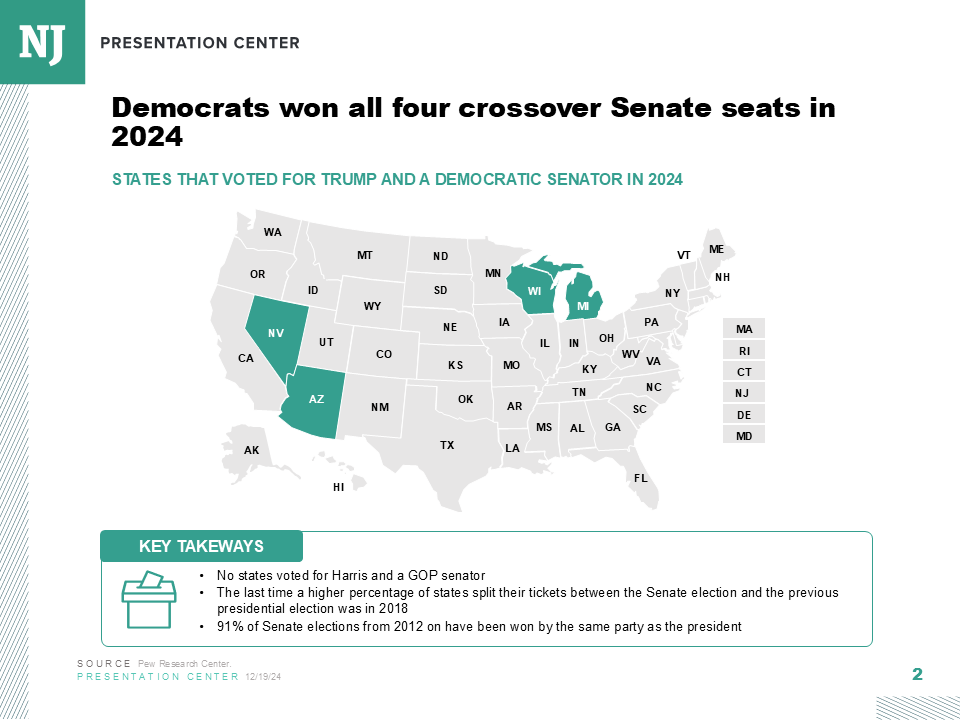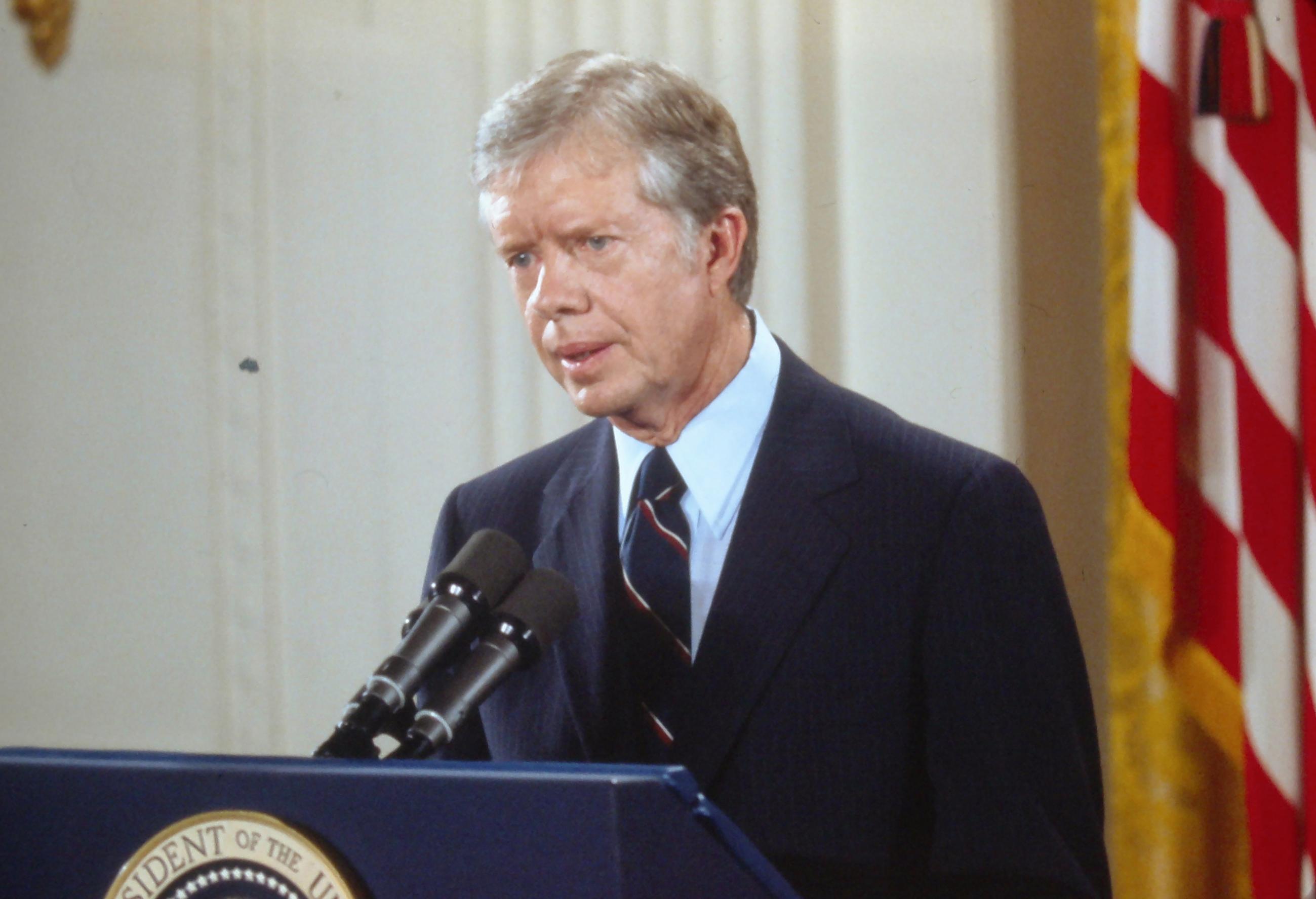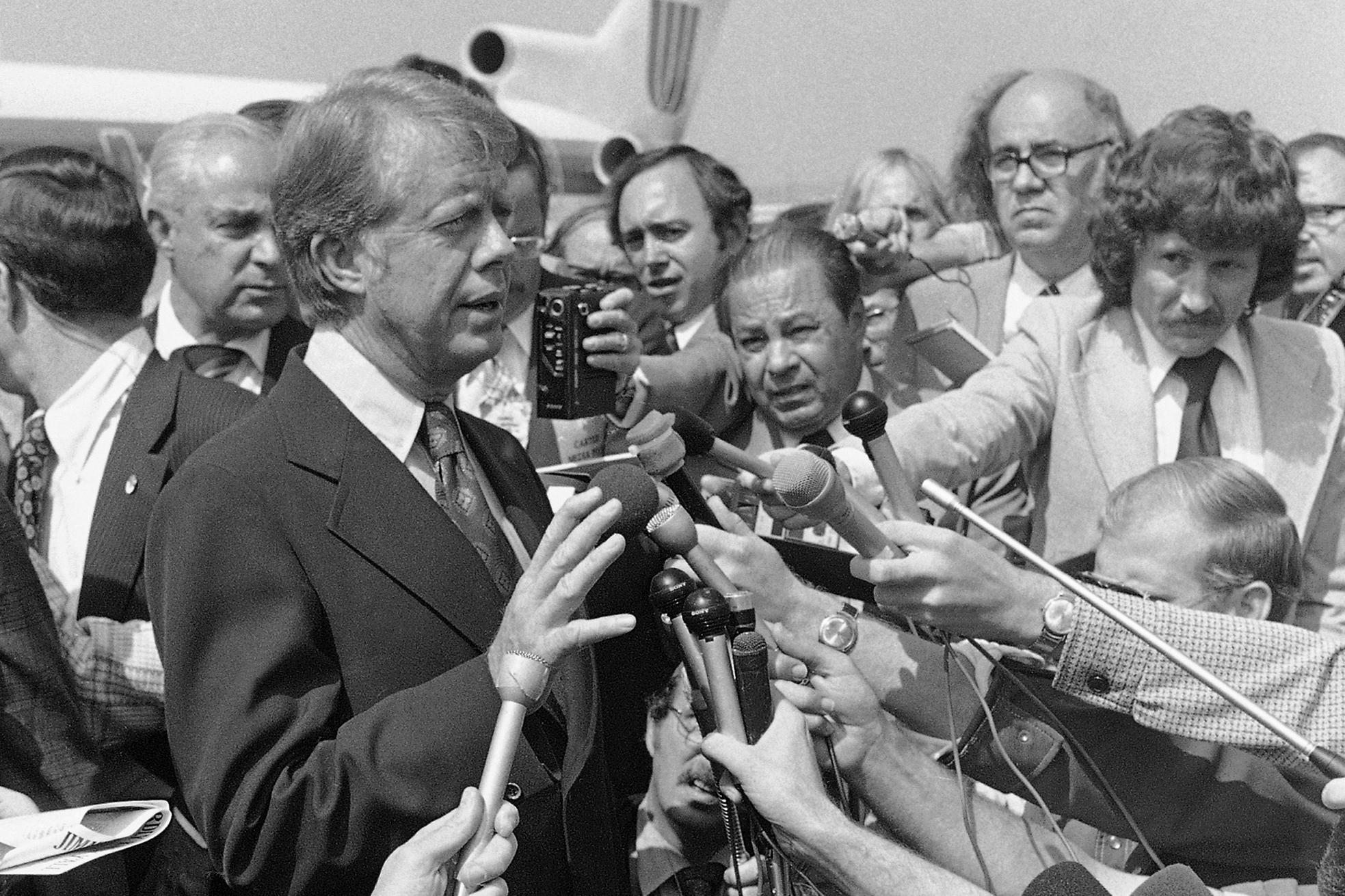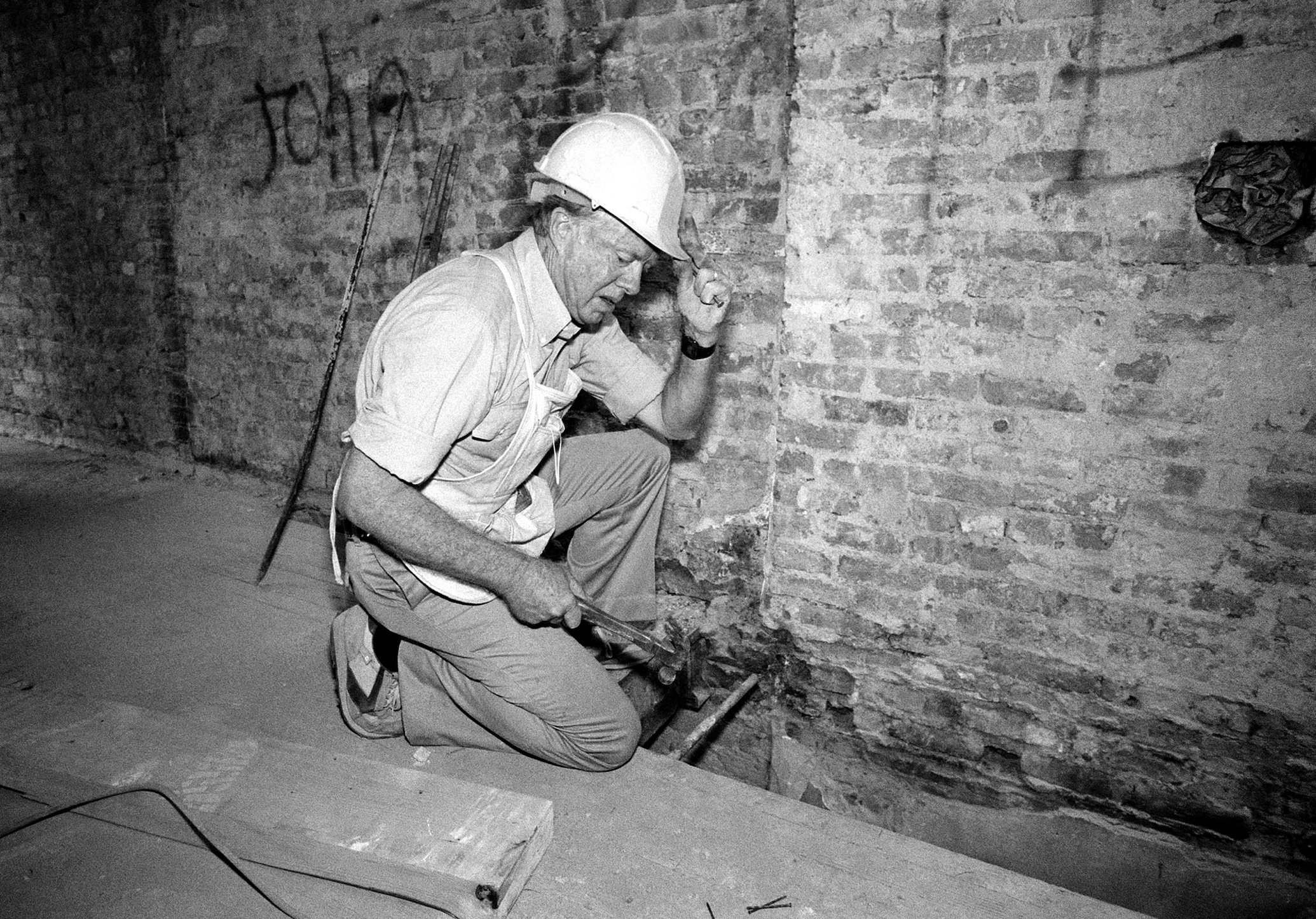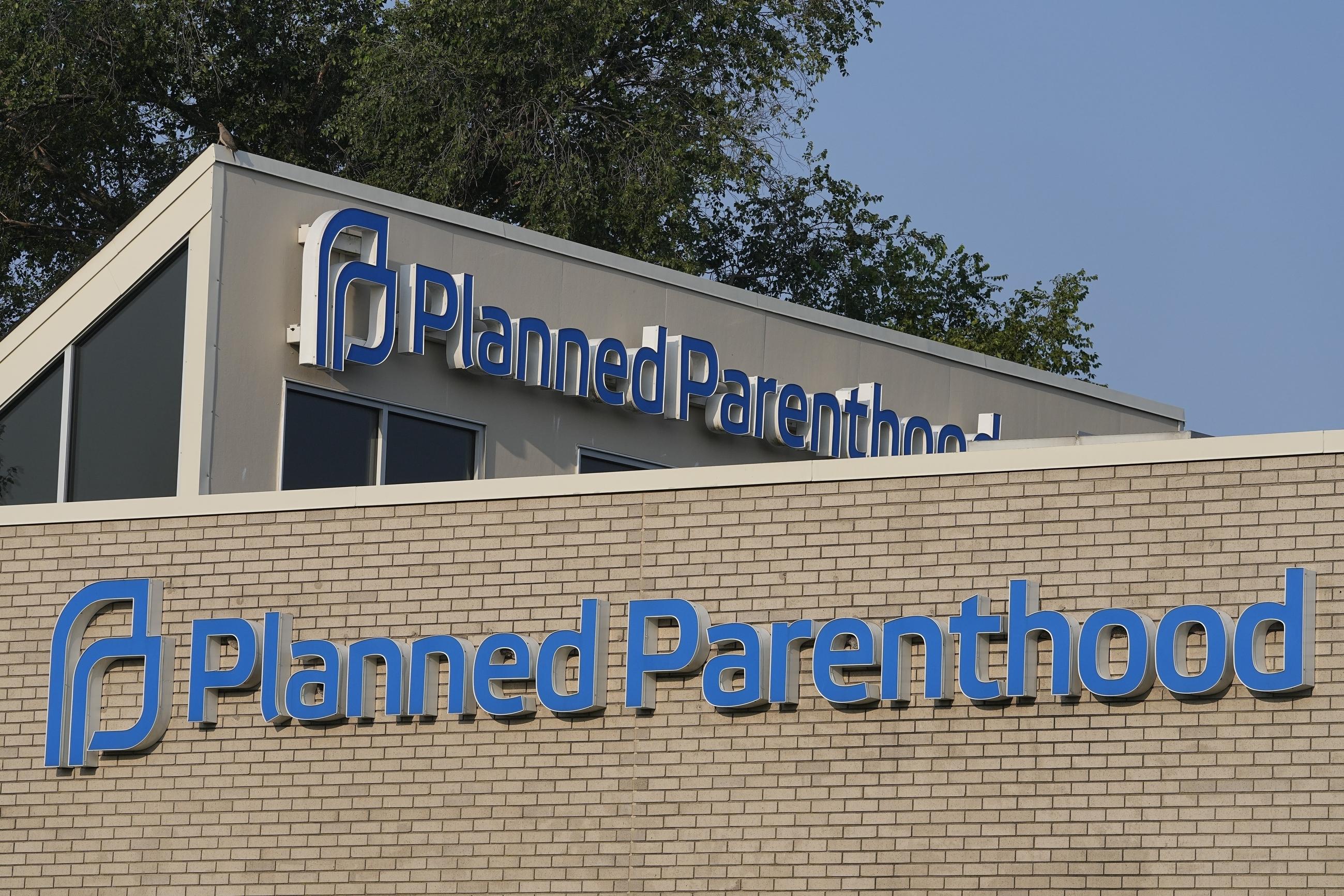Former President Donald Trump will accept his party’s nomination for president Thursday in far better political shape than he was in four years ago, when he was the embattled incumbent presiding over a deadly pandemic and facing a nation looking for a change in the Oval Office after four years of confrontation and scandal.
This time, Trump addresses the convention and a national TV audience representing change. He'll benefit both from faded memories of the mess he had made of the pandemic and a wave of sympathy after a young man in Pennsylvania came within an inch of assassinating him. Where he was trailing in the polls in 2020, he now enjoys a small but steady polling lead over President Biden, the man who ousted him from office four years ago.
Flanked by a new running mate, Trump is back on the comfortable turf of his first campaign in 2016, when he was the challenger able to slash away at the incumbent party and stay on a constant attack. That was reflected in his acceptance speech at the GOP convention in Cleveland, when he railed against international humiliation and domestic crime, promised to tell no lies as president, and waved the flag of “Americanism, not globalism.”
In 2020, his speech was even darker, warning that a Biden victory would usher in a stock-market collapse, the defunding of police, the abolition of suburbs, and abortion on demand even in the ninth month, and calling Biden a “Trojan horse for socialism" whose election would give free rein to “wild-eyed Marxists.”
More of the same was expected from Trump when he takes the podium in Milwaukee. But that changed when the would-be assassin’s bullet nicked his ear Saturday. “The speech I was going to give on Thursday was going to be a humdinger,” Trump told the Washington Examiner in a post-shooting interview. “Had this not happened, this would’ve been one of the most incredible speeches” targeting Biden, he said. But, he added, “Honestly, it’s going to be a whole different speech now.”
Donald Trump Jr. told reporters that the brush with death had a profound effect on his father. “There are events that change you for a couple minutes, and there's events that change you permanently,” he said. And he said that effect will be seen in the revised speech. The original address was "hot," he said, "but things change when you get shot in the face."
Ken Khachigian, who wrote convention speeches during his service to Presidents Richard Nixon and Ronald Reagan, said the nation is looking for some acknowledgement of what happened in Butler, Pennsylvania.
“It wouldn’t make sense for him not to go after his opponent on the issues and be strong about things that are important to him, whether it's taxes or the border, or how he feels about Biden's role in foreign policy,” Khachigian said. But “he has to give us some sense that he has been affected by the notion that life took a change for him a little bit, that there is a frailty in human life and that he was blessed to survive by one inch.”
Khachigian said it would benefit Trump “to show some grace.” The best way to do that, he suggested, is to talk about the other victims at the Butler rally, to voice empathy for those killed or wounded because of an anger directed at him.
He said Trump also has to keep in mind that his target audience is not the cheering delegates in the convention hall. “The audience,” he said, “is the 50 or 60 million watching on TV and the foreign leaders who are watching.”
Based on his previous convention speeches, this one is unlikely to be short. Trump already holds the record for longest acceptance speeches, eclipsing Bill Clinton’s 1996 record of 68 minutes. He spoke for 75 minutes in 2016 and 70 minutes in 2020, three times as long as Harry Truman’s speech in 1948 and almost twice as long as Barack Obama’s 38 minutes in 2012 and Reagan’s 44 minutes in 1980.
In his interview with the Examiner, Trump promised that the speech will meet the historical moment. “It is a chance to bring the country together. I was given that chance.”

